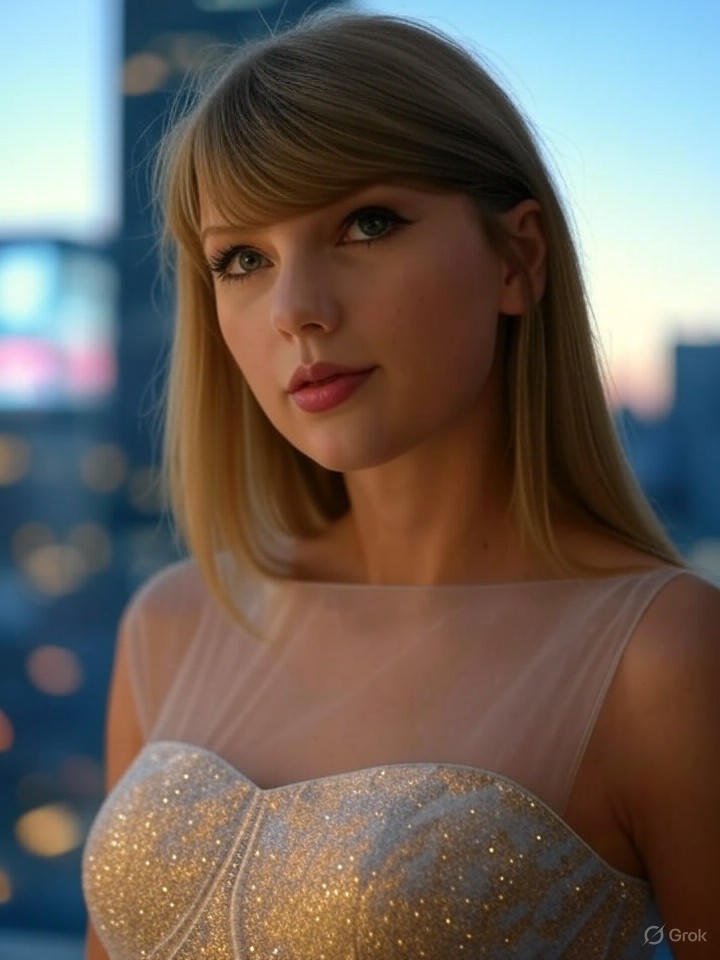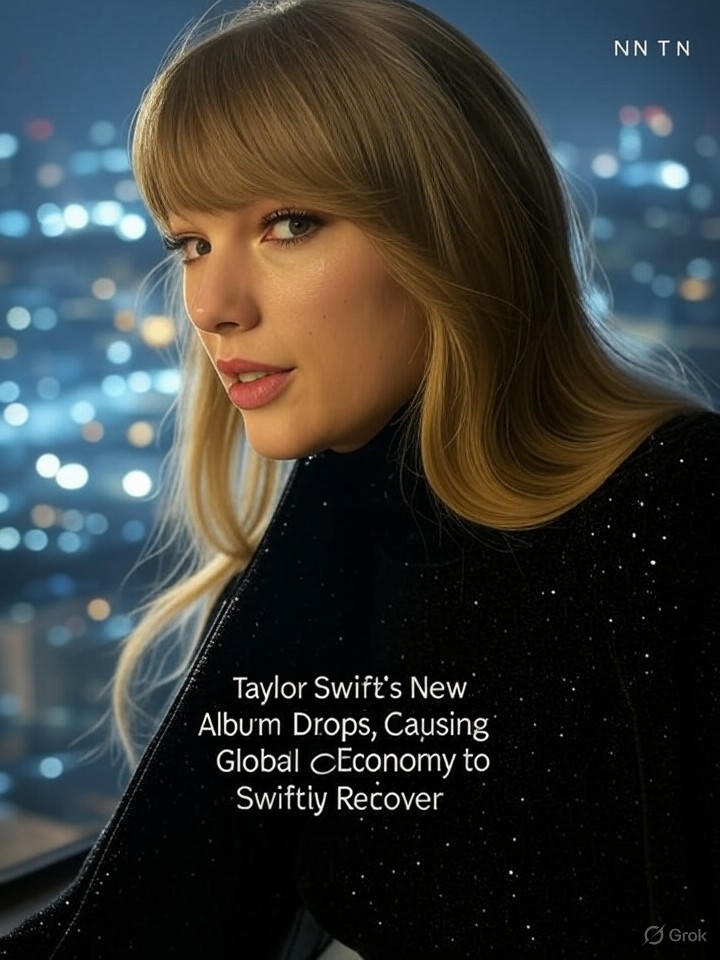In a twist that no economist saw coming, Taylor Swift's latest album, 'The Tortured Poets Department,' hit streaming services at midnight, and by dawn, the global economy was humming like a well-tuned guitar. Wall Street traders, bleary-eyed from all-night listening parties, reported a 15% surge in the Dow Jones, attributing it to the infectious beats and lyrical genius that apparently doubles as fiscal policy.
Financial analysts are scratching their heads, but not too hard—after all, who wants to mess up their Swiftie-inspired hairstyles? One expert from the Federal Reserve quipped, 'Forget interest rates; we've got interest in Taylor's rates of return.' The album's themes of love lost and found have inspired a wave of consumer spending, from impulse buys of red lipstick to entire wardrobes of revenge dresses.
Across the pond, the London Stock Exchange experienced its biggest single-day gain since the invention of tea, with shares in music streaming companies skyrocketing. Even Brexit woes seemed to fade as Brits blasted 'Fortnight' on repeat, suddenly optimistic about their economic fortunes. 'It's like quantitative easing, but with more auto-tune,' noted a cheeky economist from Oxford.
Not to be outdone, emerging markets in Asia saw bamboo-like growth overnight. In Tokyo, salarymen ditched their spreadsheets for Swift playlists, leading to a boom in productivity—or at least in office karaoke sessions. Meanwhile, in Mumbai, Bollywood producers are scrambling to remix Swift's tracks with sitar solos, hoping to cash in on the crossover appeal.
Critics of this phenomenon argue it's all smoke and mirrors, but supporters point to hard data: unemployment dipped as fans quit jobs to follow the Eras Tour full-time, somehow stimulating the gig economy. 'Taylor isn't just breaking records; she's breaking recessions,' declared a fictional pundit on CNBC, wearing a friendship bracelet as a tie.
Environmentalists are thrilled too, as the album's eco-friendly vinyl pressings have sparked a green revolution in manufacturing. Who knew that singing about exes could reduce carbon footprints? Swift's influence even extended to cryptocurrency, with 'SwiftCoin' mysteriously appearing and valuing more than Bitcoin by breakfast.
Of course, not everyone's a believer. Some grumpy holdouts claim the economic uptick is coincidental, perhaps tied to actual policy changes. But let's be real: when was the last time a congressional bill made you dance in your kitchen at 2 a.m.? Swift's magic is undeniable.
In the end, as the world grooves to 'I Can Do It With a Broken Heart,' one thing's clear: Taylor Swift isn't just a pop star; she's the unofficial chair of the Global Economic Forum. So next time the markets tank, maybe skip the bailouts and just drop another album.

